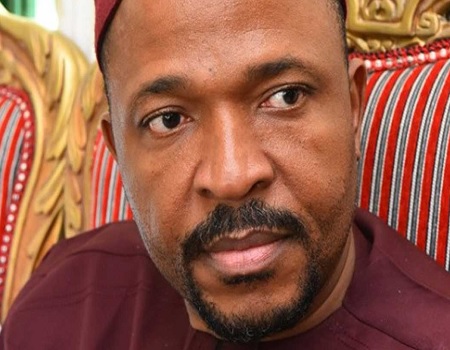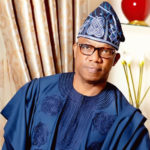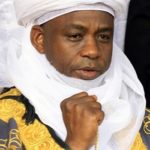THE Federal Government has lamented that most Nigerian languages have become endangered with many of them already going into extinction.
Minister of State for Education, Mr Chukwuemeka Nwajiuba, spoke during the weekend in Abuja at the activities marking the 2019 International Literary Day with a theme: Literacy and Multilingualism.
He blamed parents who have the privilege of education and neglect bringing up their children with their indigenous languages.
Nwajiuba, who was represented by the Permanent Secretary, Federal Ministry of Education, Arc. Sonny Echono, said the theme of the celebration was apt, saying this was in line with the efforts of the Ministry to encourage multilingualism in schools.
He said: “Some Nigerian languages are being lost because even the children from those communities do not speak their mother tongue.”
He noted that the Nigerian society has become so integrated with the western culture to the extent that only English is spoken even at homes.
“Many of us who have the advantage of being educated, forget the rudiment of bringing up children, first in the mother tongue. Your ability to speak or understand a particular language is one of the most expressive forms of acceptance.
“Once you speak the same language with anyone, that person sees you immediately as his or her brother or belonging to a particular community,” he said.
He noted language promotes cohesion, integration and all the values of national unity, adding that the entire world is now promoting this bonding, saying “indeed, for those of you, who have any aspiration to work with the international systems, you are required to speak in addition to official language of your country, a minimum of two other languages.
“That is why when you see people working with the United Nations, World Bank, they are multi-lingual. They speak English and French, some speak Spanish, Arabic, Chinese among others.
“Within our country alone, those who can speak our three major languages, have a distinct advantage to go anywhere and feel at home and are accepted and welcome.
“So, we must inculcate this in our children in schools; encourage them, first to learn their mother tongue, because this is one of the major challenges we have today,” he noted.
ALSO READ: 100 days: APC youths laud Abiodun on achievements
He disclosed that the ministry as a matter of policy was trying to integrate Early Childhood Care programme to basic education where in the first three years, a child is being taught in his or her mother language.
He added that this made it easier for people to understand concepts for comprehension, communication and to promote literacy.
The minister added that the notion that literacy is only when one understands the English language was wrong, saying literacy was the ability to understand, write and read any language.
“Those abilities are innate and they are also acquired. Some people are very good in learning languages while others could stay in place for 10 to 20 years and all they know is come,” he said.
He added that as the country is joining other countries of the world to celebrate, the lessons should be learnt and to propagate Nigerian languages as part of the current Next Level programme of the Ministry of Education.
He noted that the Ministry was doing a lot to adopt many of Nigerian languages not just the major ones, but develop and interpret most the policy documents in different languages for the children to learn part of the culture and tradition of the people as well as the linguistic heritage.
The Director-General of United Nations Scientific and Cultural Organisation (UNESCO), Ms Audrey Azoulay, whose speech was read at the occasion, said the world is rich and diverse with about 7,000 living languages.
She added that these languages were instruments for communication, engagement in lifelong learning, and participation in society and world of work.
September 8th was proclaimed as International Literacy Day (ILD) by UNESCO in 1966 to remind the international community of the importance of literacy for individuals, communities and societies, and the need for intensified efforts towards more literate societies.
WATCH TOP VIDEOS FROM NIGERIAN TRIBUNE TV
- Relationship Hangout: Public vs Private Proposals – Which Truly Wins in Love?
- “No” Is a Complete Sentence: Why You Should Stop Feeling Guilty
- Relationship Hangout: Friendship Talk 2025 – How to Be a Good Friend & Big Questions on Friendship
- Police Overpower Armed Robbers in Ibadan After Fierce Struggle






